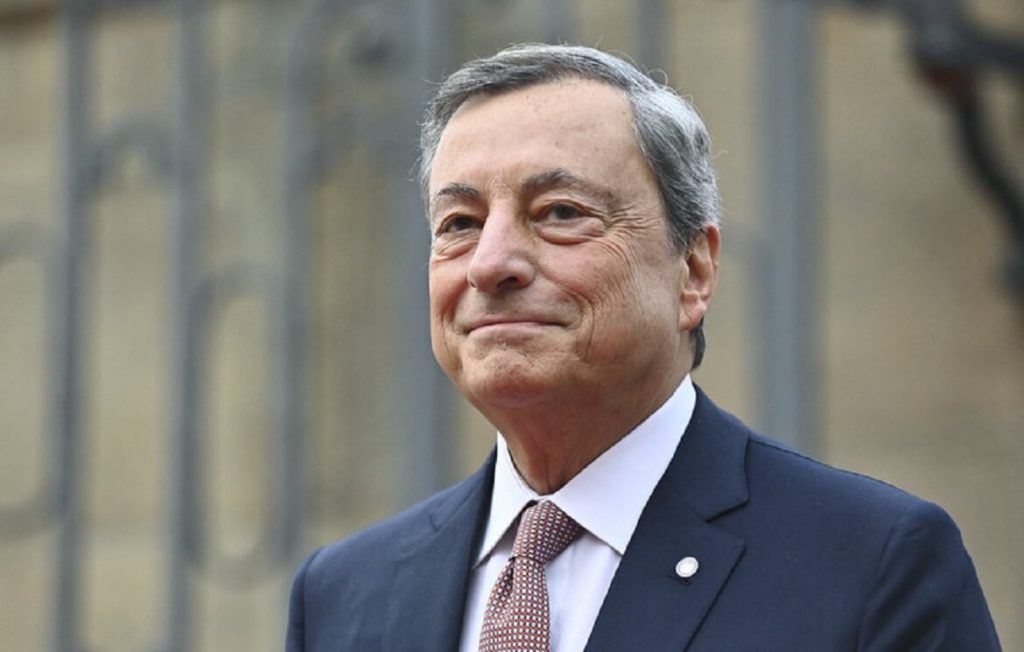By Dragan Vitorovic
Historical events, the ones that mark a crossroad, are always accompanied by important speeches.

Those speeches often start their timeline after being delivered. We could remember “we shall never surrender” decisively delivered by Sir Winston Churchill back in those faithful days of renegotiating the question of global dominance, a question that back then could not remain hidden in plain sight anymore.
Or, going back to the ancients and remembering the famous words of Pericles, who said: ”The freedom we enjoy in our government extends also to our ordinary life.” This phrase could be seen as a mantra that echoes many hundred years later, still dividing illiberal from liberal countries.
However, one remarkable speech, that took place in London on 26 July 2012, is yet to be recognized as one of the most influential, arguably non-political speeches during the last decade. The speech, delivered by Mario Draghi, former President of the European Central Bank, has turned the tide.
Amid the Euro-crisis, Draghi stepped up and stated that “within our mandate, the ECB is ready to do whatever it takes to preserve the euro… And believe me, it will be enough.”
To what extent this simple sentence bears a significant weight, well-informed risk takers do know. For the general public, it might go unnoticed. First, central bankers are not the same as politicians. Central bankers cannot allow themselves narratives of promising futures, and they are not in a position to provide broadly directed messages that will be appealing to the general public. The literature on central banking says that central bankers ought to be masters of communication, so they would not disturb the markets and the leading corporate actors while keeping their objectivity and reputational power. The field where central bankers play differs from a field of purely political figures. Those few lines, skillfully delivered, carried enough leadership and institutional capital reminder, to re-establish trust in the European institutions.
Eleven years later, this time in Frankfurt, Mario Draghi – who served as Italian Prime Minister, and now is responsible on behalf of the European Commission for analyzing the eroding competitiveness of Europe – stated that Europe should be much more bold and dynamic to keep up the pace with China and the United States. Mr. Draghi emphasized that the European Union should have common foreign and defense policies, besides having a common economic policy.
The leadership of Europe should take those concepts seriously, since the global conjectures are not favoring the aging European populace, as well as its indecisiveness related to the region of Western Balkans. Let us hope that this time Mr. Draghi’s speech will serve as a guidepost to avoid, and not to mitigate, any possible crisis which could be taking place in Europe.
Author: Dragan Vitorovic – International affairs analyst based in Serbia.
(The views expressed in this article belong only to the author and do not necessarily reflect the views of World Geostrategic Insights).







